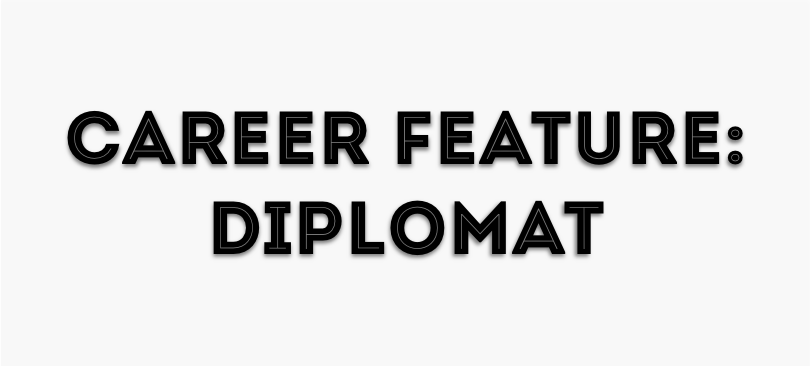This interview was conducted by Nicholas Kim, thanks to Yeonghan Choi, the Director General of the Foreign Affairs and Unification Committee in the National Assembly.
What should students anticipate as they enter the service?
We, as members of the foreign service, enhance friendly relationships with the host country, gather and report information, and protect and support overseas nationals.
There are three main types of diplomatic organizations that students should expect to work in. These range from working in an embassy and acting as a small government representing your home country to working in a consulate general to protect your nationals, and finally a permanent mission, in which you represent your country in international organizations.
What should students be aware of when entering this service?
If you want to be a good diplomat, there are several important characteristics, some of which include honesty, consideration, and courage. The first thing that should come to mind is that meeting people is not an easy thing to do. It could be easy if you just introduce yourself, but when you do the diplomatic activities, you need to be able to persuade your counterparts. You have to be able to articulate your position and make that person understand your position. It is not an easy job, and you need to develop your own communication skills. Sometimes you may fail, but you cannot just give up. We have to try again with different tools and different methods to prepare for those difficult scenarios.
How did you decide to join the Ministry of Foreign Affairs?
I do not really remember why I chose the career of as an officer in the Ministry of Foreign Affairs. One day when I was in high school, I just began to start being exposed to the job of a diplomat. I researched into the area, and it looked like quite a good fit for me.
What majors would you recommend for students who wish to pursue this kind of a service?
I chose international relations as a major in college, and it is the general major most diplomats choose. In order to do those majors successfully, you need to have some interests in social sciences and language. Reading is also very important. You can learn many other things from reading that you cannot learn at school and from your formal education system.
Are you optimistic about the future of South Korea-North Korea relations?
It is difficult for me to say if I am optimistic or pessimistic because the North-South situation has been there for over 50 years. I take that situation as a fact. However, at the same time, we have to prepare that something can happen at any time because North Korea is very unpredictable. In this way, we have to keep in mind that they are simply there and that we have to prepare for them to do anything unexpected that might occur.

